Table of Contents
Brihaspati vs Shukra: Two Gurus, Two Worlds
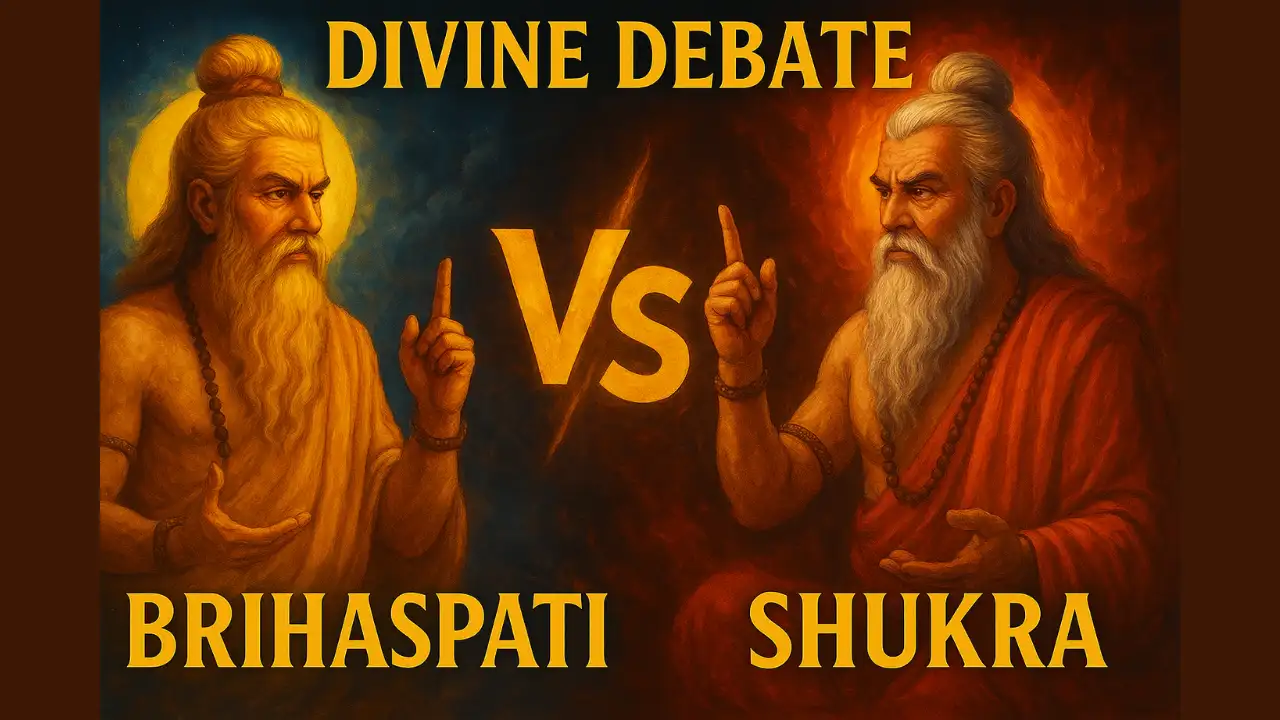
In the celestial courts of ancient lore, two gurus stand opposed, Brihaspati, the teacher of the Devas, and Shukra, the guide of the Asuras. Their rivalry is not of swords, but of wisdom.
Their teachings shape the moral fabric of gods and demons alike. They are not enemies, they are mirrors. They reflect two visions of dharma, two paths to power, two philosophies of life.
Brihaspati: The Voice of Dharma
Brihaspati is the embodiment of dharma, of cosmic law, of righteous conduct.
- He teaches the Devas to uphold truth, to protect order, to act with restraint.
- His wisdom is rooted in clarity, in balance, in the preservation of harmony.
- He is the advisor of Indra, the composer of hymns, the guardian of sacred speech.
- His presence is serene, his counsel measured, his path luminous.
Shukra: The Advocate of Rebellion
Shukra, the guru of the Asuras, is no less wise. But his path is different.
- He teaches the Asuras to question, to challenge, to seek power through knowledge.
- He is the master of Sanjeevani Vidya, the art of resurrection, the keeper of secrets.
- His wisdom is sharp, strategic, and often subversive.
- He does not reject dharma, he redefines it.
- He does not oppose the gods, he empowers the fallen.
Brihaspati vs Shukra: Ethics and Strategy
- Brihaspati teaches restraint, Shukra teaches resistance.
- Brihaspati values sacrifice, Shukra values survival.
Their philosophies reflect the eternal tension between order and chaos, between obedience and autonomy. Yet both are necessary.
- Without Brihaspati, dharma would lose its spine.
- Without Shukra, it would lose its edge.
Brihaspati vs Shukra: The Debate of Dharma
Their rivalry is not personal, it is philosophical. It is the debate between idealism and realism, between cosmic law and worldly success.
- Brihaspati speaks of duty, Shukra speaks of desire.
- Brihaspati upholds the heavens, Shukra defends the underworld.
In their dialogue, dharma is not static, it is dynamic.
The Devas and Asuras: Not Good vs. Evil
The Devas and Asuras are not good and evil, they are forces.
- The Devas represent light, order, and preservation.
- The Asuras embody ambition, challenge, and transformation.
Brihaspati and Shukra are their minds. Together, they represent the duality of existence. The seeker must learn from both, to act with integrity, and to think with clarity.
Brihaspati's Teachings in the Rigveda
In the Rigveda, Brihaspati is praised as the lord of sacred speech, the one who opens the doors of wisdom.
He is the priest of the gods, the voice of truth, the flame of clarity. His hymns are not just poetic, they are philosophical. They speak of cosmic order, of the power of words, of the sanctity of law.
Shukra's Wisdom in the Shastras
Shukra’s teachings are found in the Shukra Niti, a treatise on politics, ethics, and strategy.
- He speaks of diplomacy, of statecraft, of the art of survival.
- His wisdom is worldly, but not shallow.
- He teaches how to navigate power, how to protect the weak, how to rise from defeat.
- His dharma is not rigid, it is responsive.
The Sanjeevani Vidya: Knowledge of Resurrection
Shukra’s greatest gift is the Sanjeevani Vidya, the knowledge that can revive the dead. It is symbolic of his philosophy: that no defeat is final, that knowledge can overcome fate, that even death can be reversed.
This power makes him invaluable to the Asuras, and feared by the Devas.
Brihaspati's Role in Vedic Rituals
Brihaspati is the priest of the gods.
- He presides over yajnas, chants mantras, and invokes cosmic forces.
- His presence sanctifies the ritual, aligns it with dharma, and ensures its success.
- He is the embodiment of Vak, sacred speech.
- His words are not just sounds, they are vibrations of truth.
Shukra's Role in Asuric Empowerment
Shukra empowers the Asuras not through rituals, but through knowledge.
- He teaches them how to harness energy, how to manipulate forces, how to challenge the gods.
- His path is not devotional, it is intellectual.
- He is the guru of rebellion, the sage of resistance, the master of transformation.
Brihaspati vs Shukra: The Inner Debate of the Seeker
Within every seeker, Brihaspati and Shukra reside.
- One urges discipline, the other innovation.
- One whispers tradition, the other dares revolution.
The spiritual path is not a straight line, it is a dialogue. To grow, one must listen to both. To awaken, one must integrate both.
Brihaspati vs Shukra: The Balance of Opposites
The universe thrives on balance. Day and night, sun and moon, inhale and exhale. Brihaspati and Shukra are cosmic opposites. Their teachings are complementary.
- One stabilizes, the other stimulates.
- One preserves, the other provokes.
Together, they create the rhythm of evolution.
Brihaspati vs Shukra: Their Influence on Kings and States
In ancient India, rulers studied both Brihaspati’s and Shukra’s teachings.
- Brihaspati’s counsel shaped dharmic kingship, justice, ethics, and duty.
- Shukra’s wisdom guided diplomacy, warfare, and survival.
A wise king balanced both, righteousness with realism, compassion with caution.
Brihaspati vs Shukra: Their Roles in Mythic Battles
In the Mahabharata, Ramayana, and Puranas, Brihaspati and Shukra appear during cosmic conflicts.
Brihaspati advises Indra, Shukra supports Bali.
Their presence is not just strategic, it is symbolic. They represent the moral tension in every war, the philosophical depth behind every clash.
The Curse and the Blessing
In one tale, Brihaspati curses Indra for his arrogance. In another, Shukra blesses a demon for his devotion. These stories show that wisdom is not biased. Truth is not partial.
- Both gurus act according to dharma, not allegiance. Their loyalty is to wisdom, not to sides.
Brihaspati vs Shukra: Astrological Reflections
In Jyotisha, Brihaspati is Guru, the planet Jupiter, expansive, wise, benevolent. Shukra is Venus, sensual, strategic, artistic. Their planetary influence reflects their philosophies. Guru expands consciousness, Shukra refines desire. Together, they shape destiny.
The Guru Principle
Both Brihaspati and Shukra are gurus, dispellers of darkness.
- They teach not just knowledge, but perspective.
- They guide not just minds, but souls.
A true guru does not impose, they illuminate. Brihaspati and Shukra remind us that wisdom wears many robes.
The Debate as Dharma Drama
Their rivalry is a dharma drama, a cosmic play of ideas.
- It is not conflict, it is contrast.
- It is not opposition, it is orchestration.
The seeker watches, learns, and evolves. The debate becomes a dance, the tension a teaching, the difference a doorway.
The Path of Integration
The highest wisdom lies in integration.
- To walk with Brihaspati’s clarity and Shukra’s courage.
- To act with discipline and adapt with insight.
- To honor tradition and embrace transformation.
The seeker becomes whole not by choosing sides, but by weaving both.
Brihaspati vs Shukra: The Eternal Dialogue
The divine debate continues, not in the skies, but in the soul. Brihaspati and Shukra live within us, the voice of conscience and the voice of challenge. To listen to both is to grow. To understand both is to awaken. And in that understanding, dharma becomes not a rule, but a realization.
Their teachings are not relics, they are rivers. Flowing through time, nourishing thought, shaping destiny. To study them is to enter the sacred conversation of the cosmos.
To live them is to become the seeker, the sage, and the soul.

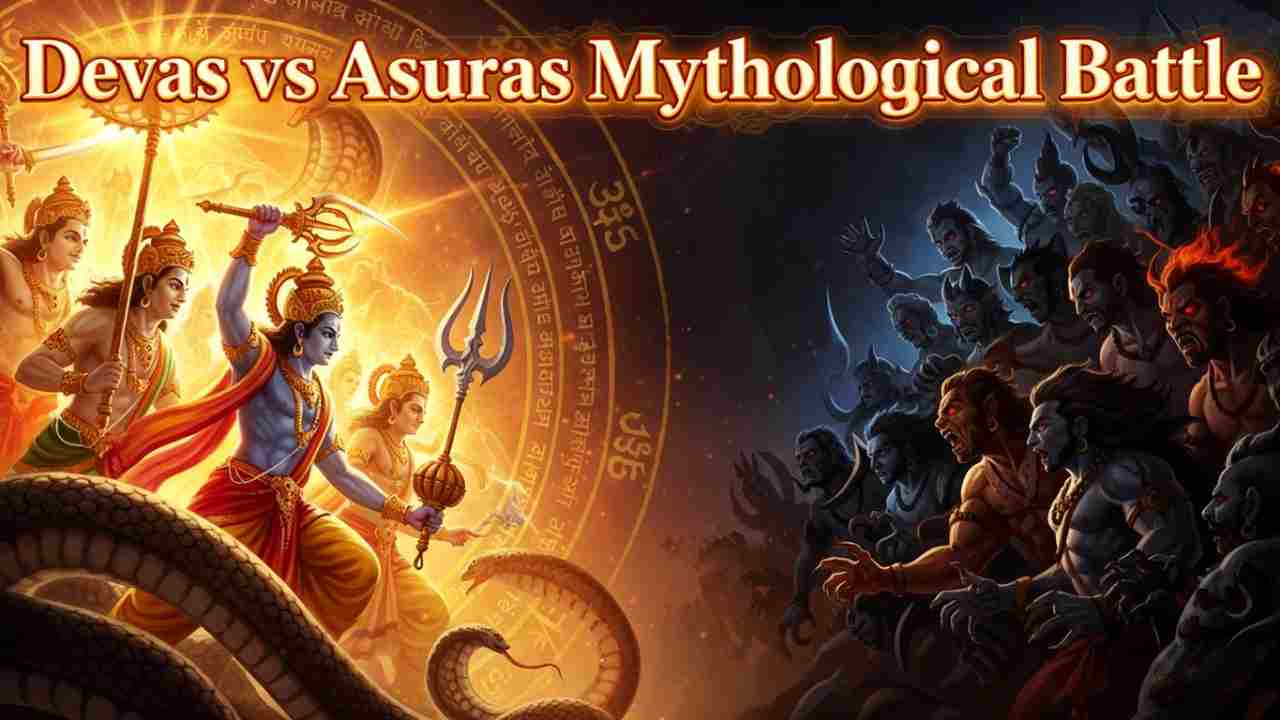
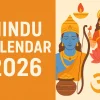
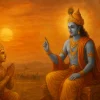

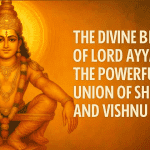

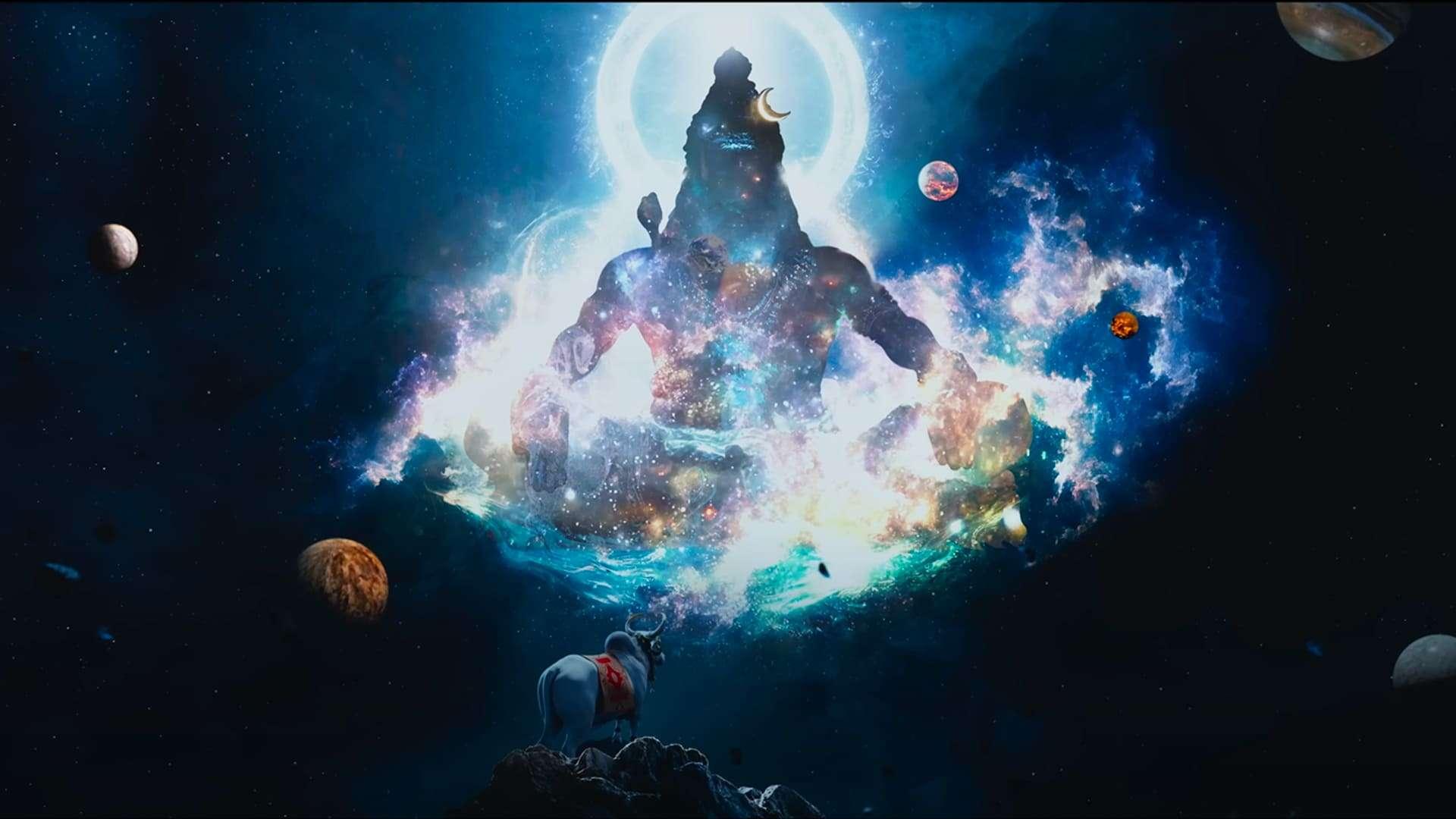
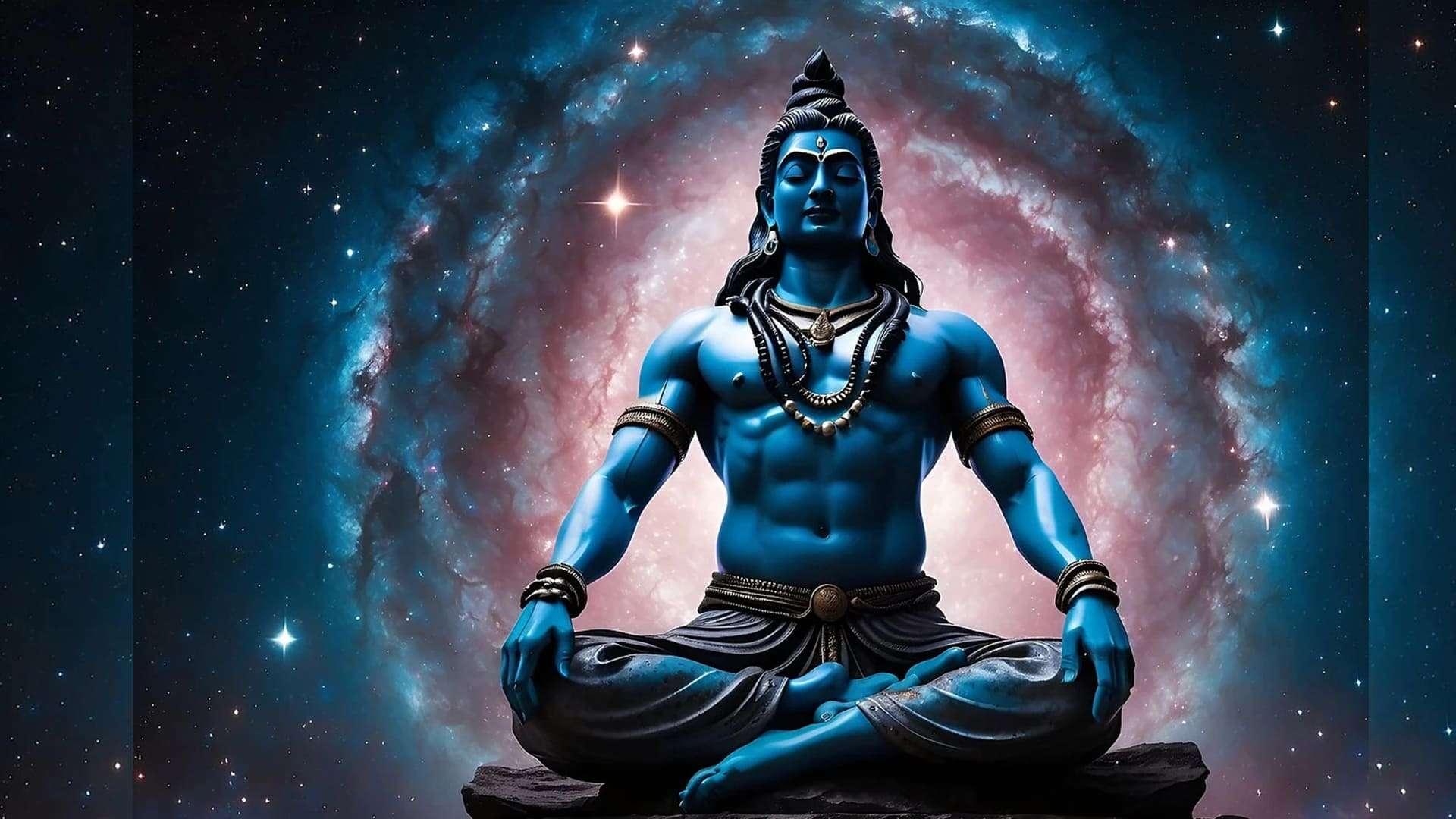
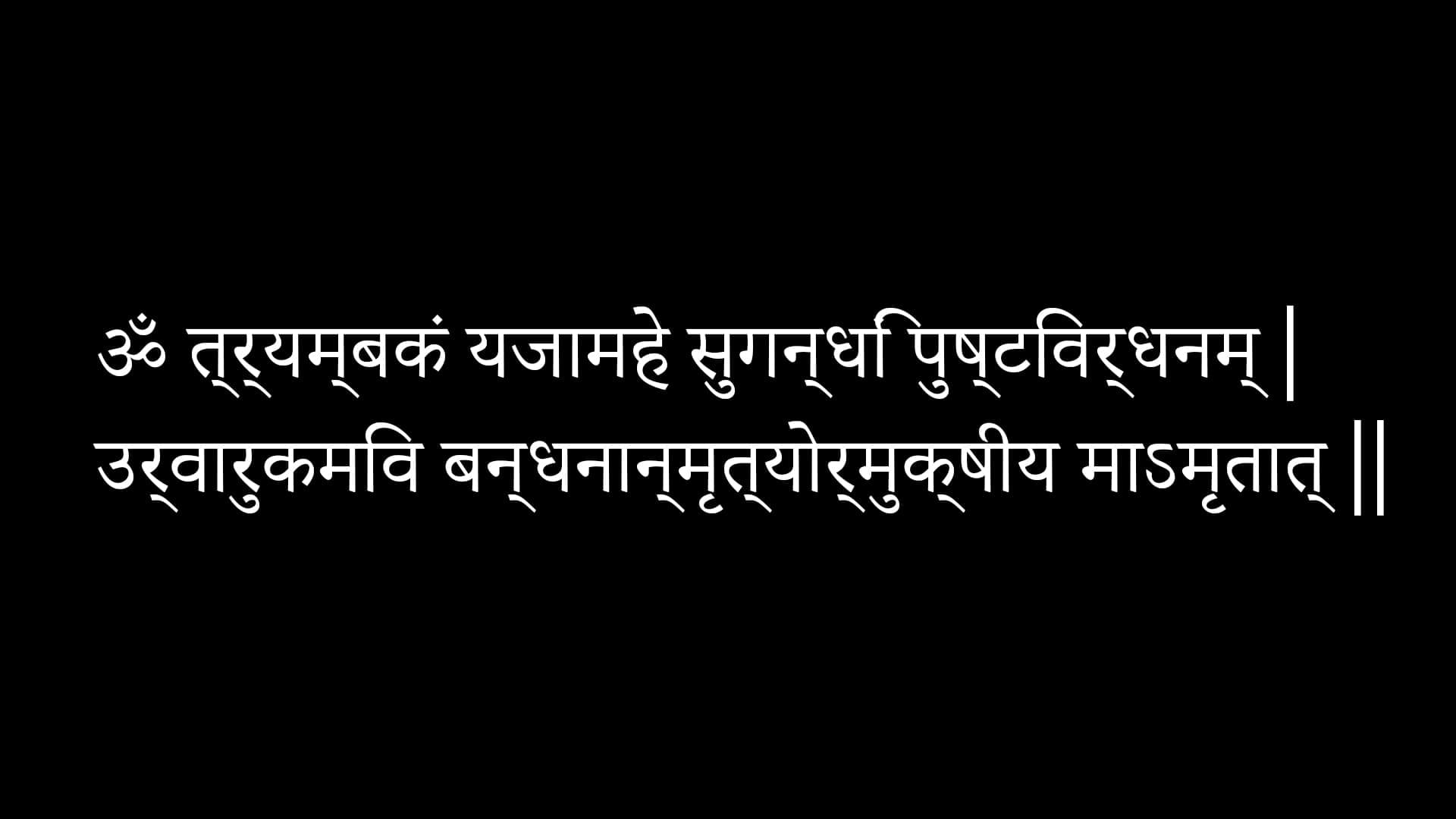
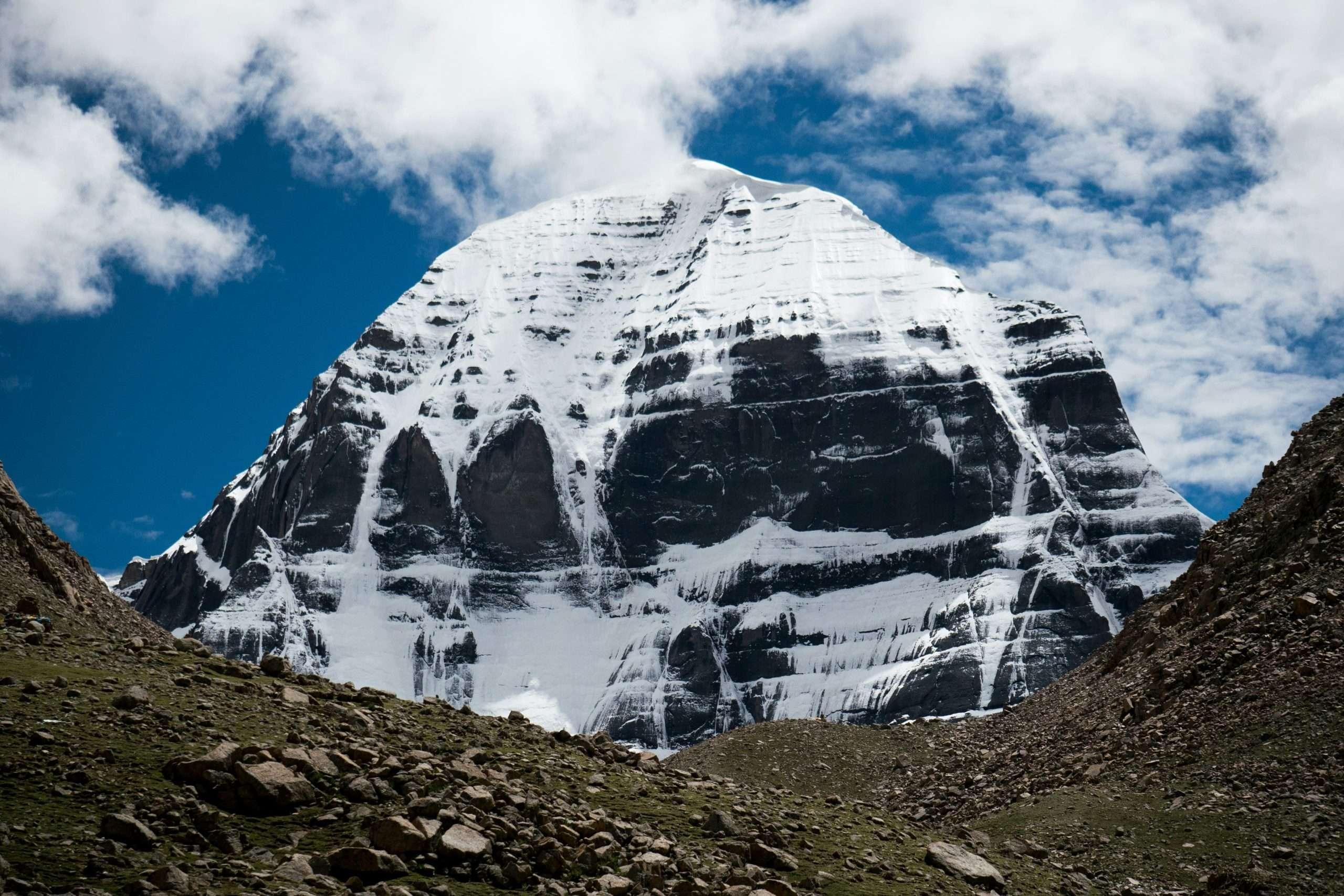
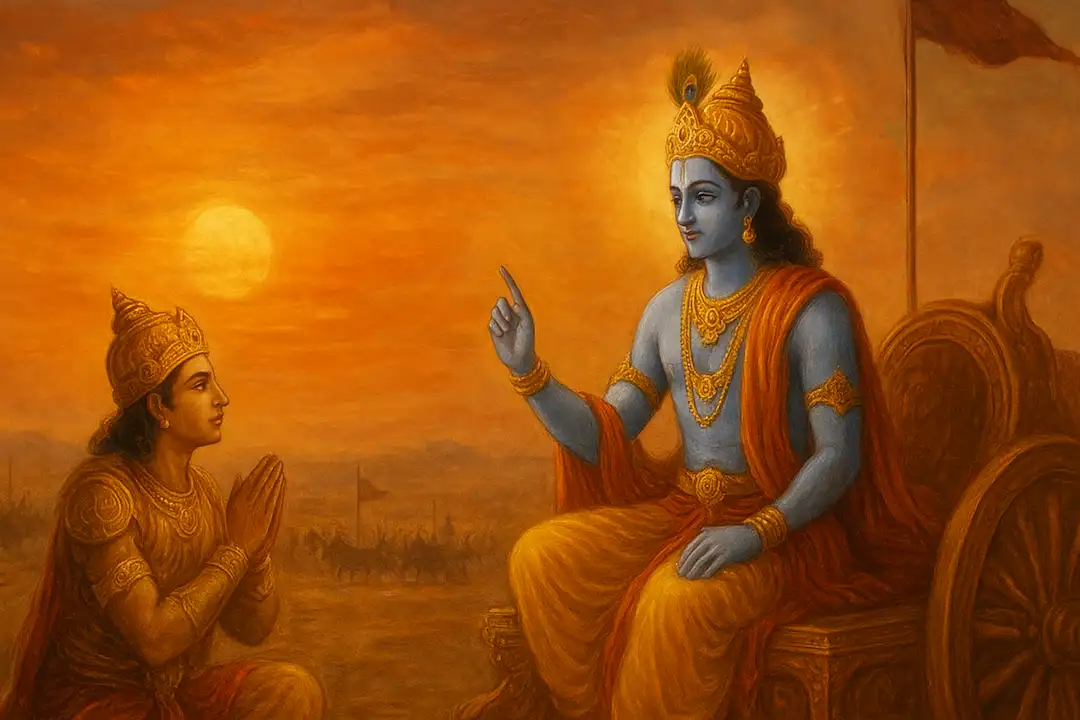
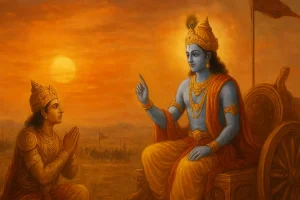
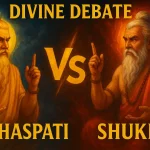
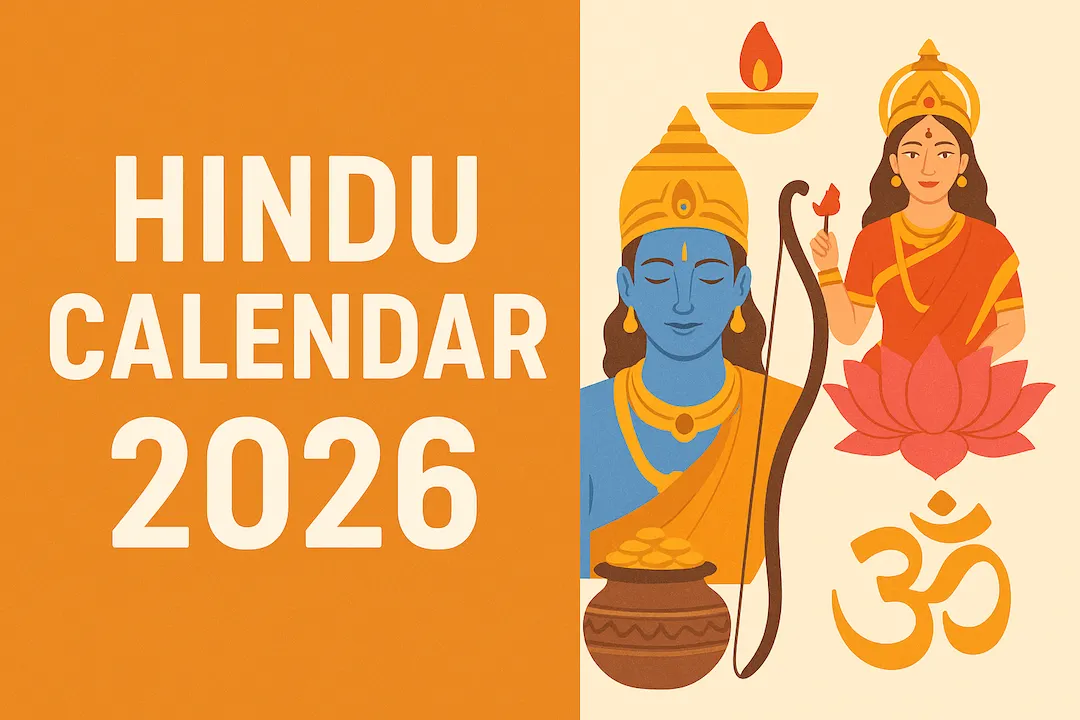
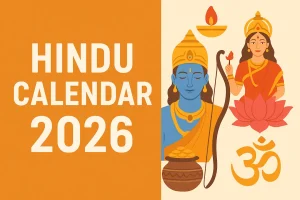
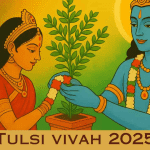
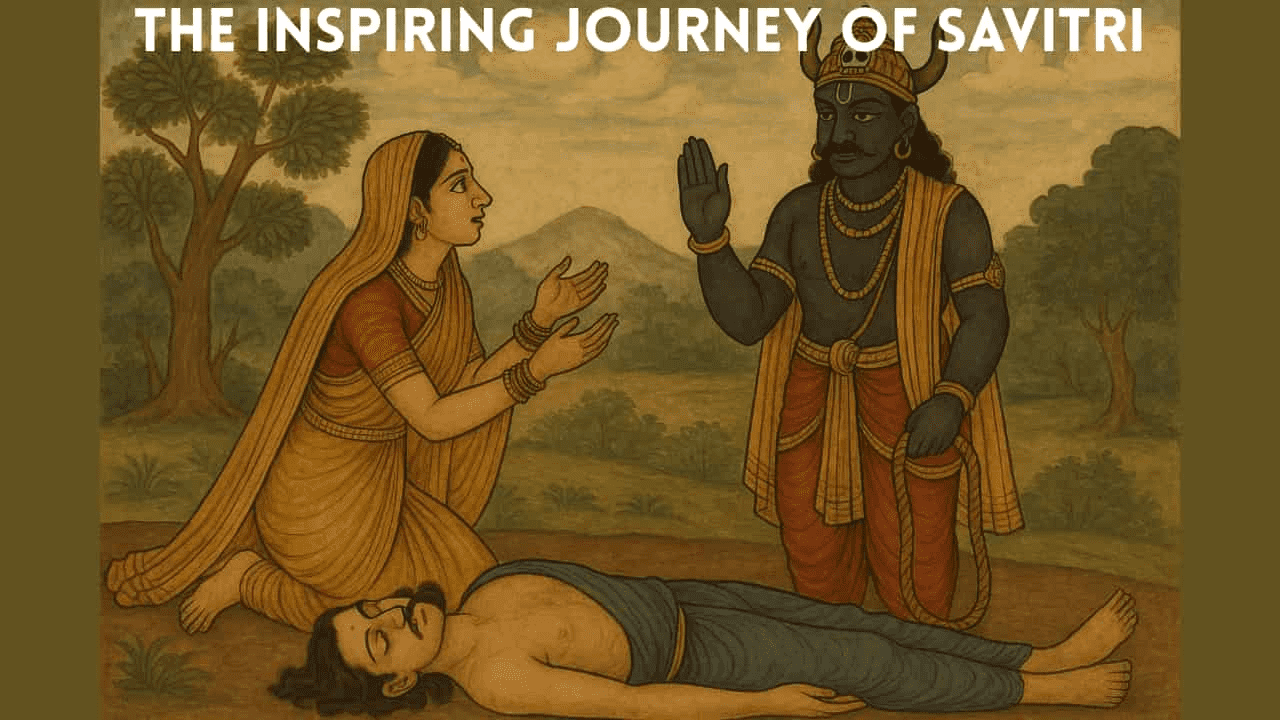
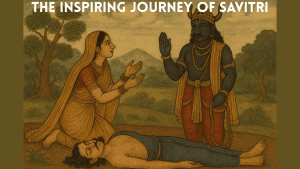
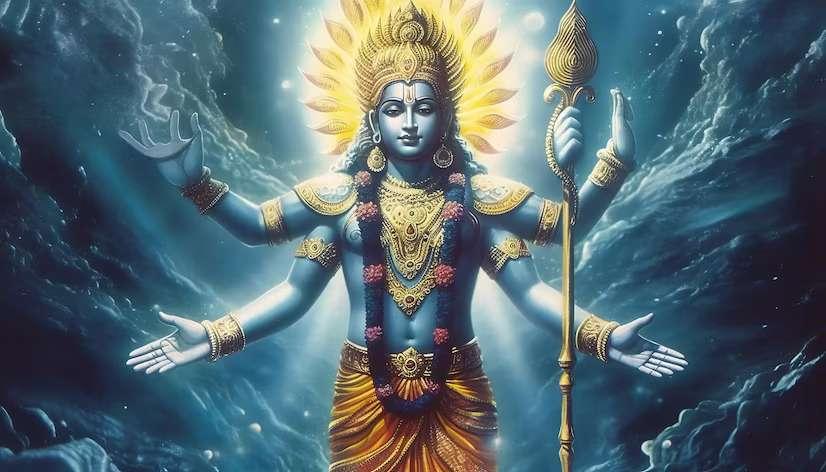

Add comment